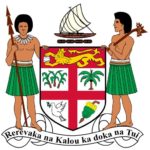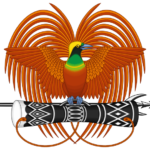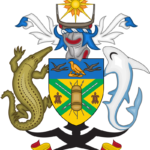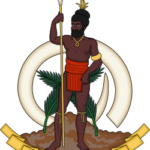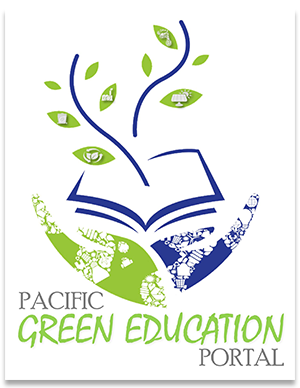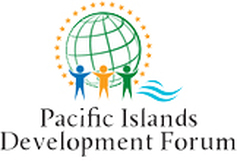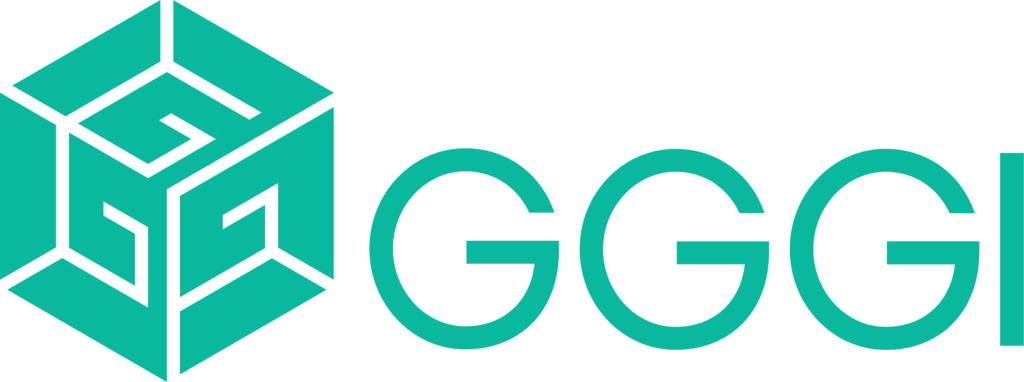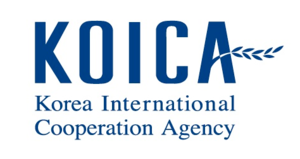
Capacity Building to Strengthen Sustainable Implementation of Renewable Energy Technologies for Rural Energy Access.

A partnership between the Global Green Growth Institute (GGGI), the Pacific Islands Development Forum (PIDF) and the Korea International Cooperation Agency (KOICA) who are providing the funding, is being implemented in Fiji, Solomon Islands, Vanuatu and Papua New Guinea. The objective of the initiative is to strengthen inclusive informed decision-making by resource owners and local government officials for integration of Green Economy and Renewable Energy into local-level planning and to strengthen implementation of Renewable Energy for rural electrification.
Expected Outcomes
Outcome 1. Increased inclusivity in decision-making on the use of natural resources and implementation of Renewable Energy projects
Enabling the participation of women and vulnerable groups in the decision-making process on the use of natural resources and the implementation of Renewable Energy projects through training for these groups and promotion of multistakeholder processes and easily accessible materials and training.
Outcome 2. Improved knowledge of Green Economy and Renewable Energy options for local level planning
Deepening knowledge and disseminating concepts, principles and practical applications of Green Economy and promoting the use of Renewable Energy for local government officials and traditional/community leaders/committees and businesses
Outcome 3. Improved sustainability of rural Renewable Energy installations
Improved sustainability of rural Renewable Energy installations through provision of training on Operations & Management and financial management of Renewable Energy (mainly solar).
Implementation
The capacity building project is managed and implemented by GGGI, in partnership with PIDF and in close collaboration with the country counterparts and the KOICA Fiji Office. GGGI will take the lead in project management, including financial management and procurement, and carry out coordination with KOICA and the national counterparts for this project. For the project, GGGI and PIDF cooperate closely with key Ministries at the national level and then connect into the sub-national local government and traditional leadership/communities. At the national level, the key counterpart Ministries are:
- The Ministry of Economy (MoE) in Fiji
- The Ministry of Climate Change (MoCC), Department of Energy (DoE) in Vanuatu
- The Climate Change and Development Authority (CCDA) in PNG
- The Ministry of Climate Change and the Ministry of Mines, Energy and Rural Electrification, Department of Energy in the Solomon Islands
GGGI and PIDF work through these key Ministries to reach the target groups and establish the project working arrangements with local government and targeted provincial, district, island and community institutional structures.
Contact
For further information please visit the Pacific Green Education Portal project pages or contact Mark Borg
Project partners
